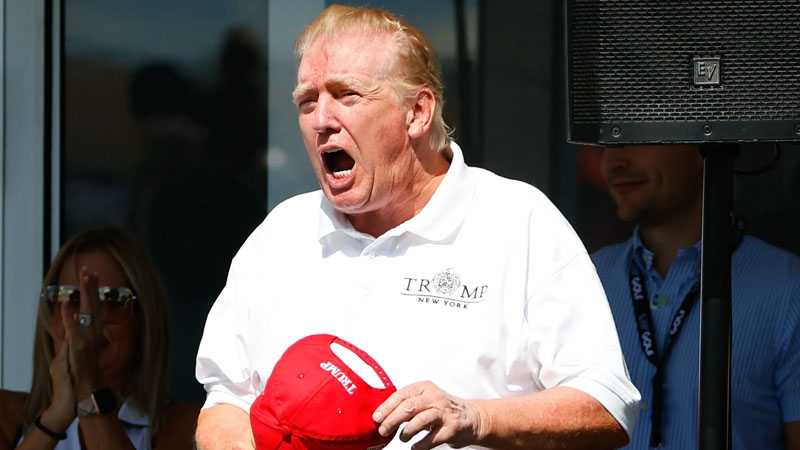During a Supreme Court hearing concerning presidential immunity, former President Donald Trump’s attorney, John Sauer, presented a controversial argument that under certain circumstances, it could be seen as an “official act” for a president to assassinate a political rival.
This bold claim, which Sauer had previously made at the Court of Appeals for the D.C. Circuit, has resonated as more than a mere hypothetical situation, according to Trump’s former White House communications official, Alyssa Farah Griffin. Griffin, expressing her concerns on the social media platform X, emphasized that such arguments should be taken seriously rather than dismissed as extreme.
This sentiment is reflective of the broader concerns about the rhetoric used by the former president and his close allies, which has often courted controversy. A notable instance of this was when Trump suggested that Mark Milley, the retired general and former Chairman of the Joint Chiefs, deserved the death penalty for allegedly undermining him by negotiating independently with China towards the end of his administration, reported the Washington Post.
The Supreme Court session was notably divided on the issue of whether Trump could claim immunity from prosecution by special counsel Jack Smith, who is investigating efforts to overturn the 2020 presidential election results. The discussions in the court hinted at a consensus that the former president was not entirely immune from prosecution, although there was significant debate about how to categorize his actions as either official or private.
“I was in the Oval Office with Trump when he said a WH staffer he believed leaked an embarrassing story about him should be executed,” wrote Griffin. “We may want to take this line of argument from Trump’s attorney extremely seriously.”
A majority of the justices seemed inclined to recognize that not all actions taken by a president qualify for immunity, prompting them to consider instructing lower courts to scrutinize the specifics of Trump’s actions. The aim would be to differentiate between his public duties and private behavior, potentially limiting the scope of the charges and the evidence to be considered in the prosecution.
Such distinctions could lead to additional delays in a legal process already hampered by scheduling challenges, particularly with looming elections. The potential implications of narrowing down the charges to only include “private acts” could introduce significant legal complications and extend the timeline of the proceedings.
This approach raises critical questions about the boundaries of presidential power and accountability, especially in cases involving actions that blend public authority with personal interests. As the case continues to unfold, it has garnered intense scrutiny and debate, reflecting the ongoing tension between executive authority and judicial oversight in American politics.
The outcome of this Supreme Court hearing could have far-reaching effects on how presidential actions are interpreted and prosecuted in the future, setting a precedent that might influence the balance of power within the U.S. government.



